London’s reputation as an expensive city often makes budget-conscious travelers and residents break out in a cold sweat. Yet it’s true that the British capital can drain your wallet faster than a leaky faucet, though there are plenty of clever ways to stretch your pounds without sacrificing the experience. The key lies in knowing where to look for deals, when to time your visits, and how locals navigate the city without going broke.
Smart money management in London isn’t about depriving yourself of everything fun—it’s about making informed choices that let you enjoy the city’s incredible offerings while keeping your bank account happy. Here is a list of 16 proven strategies that’ll help you save serious money during your time in London.
Use an Oyster Card or Contactless Payment
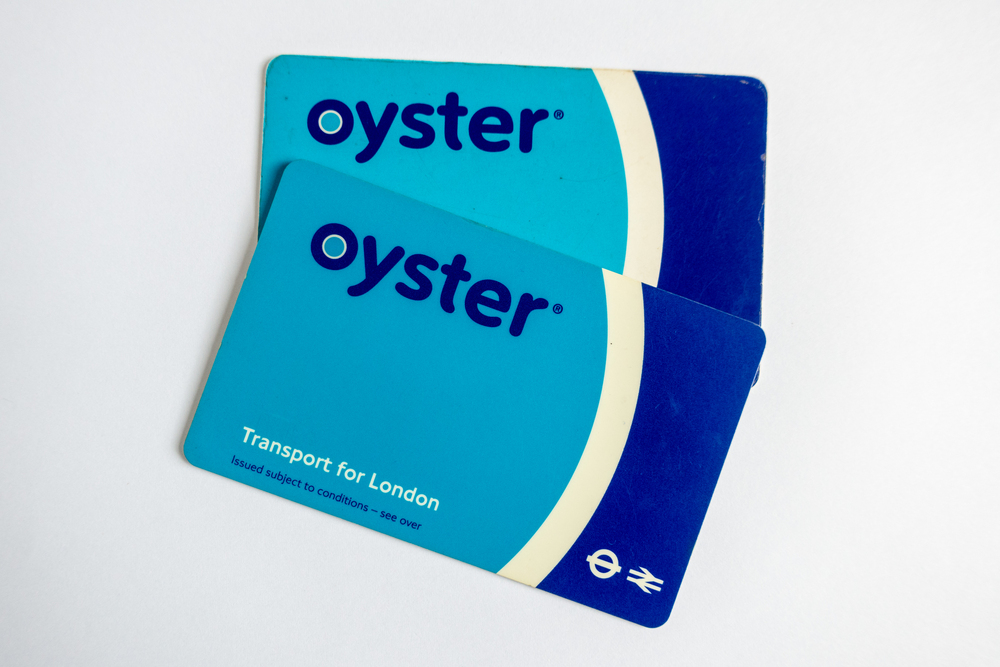
— Photo by gulpa
London’s public transport system rewards smart payment choices with significant savings. An Oyster Card caps your daily spending on buses, tubes, and trains—so once you hit the limit, additional rides are free for the rest of the day. Contactless bank cards and mobile payments offer the same daily caps, making them equally budget-friendly options. Skip those expensive single paper tickets that can cost three times more than using these payment methods.
Walk Between Nearby Attractions
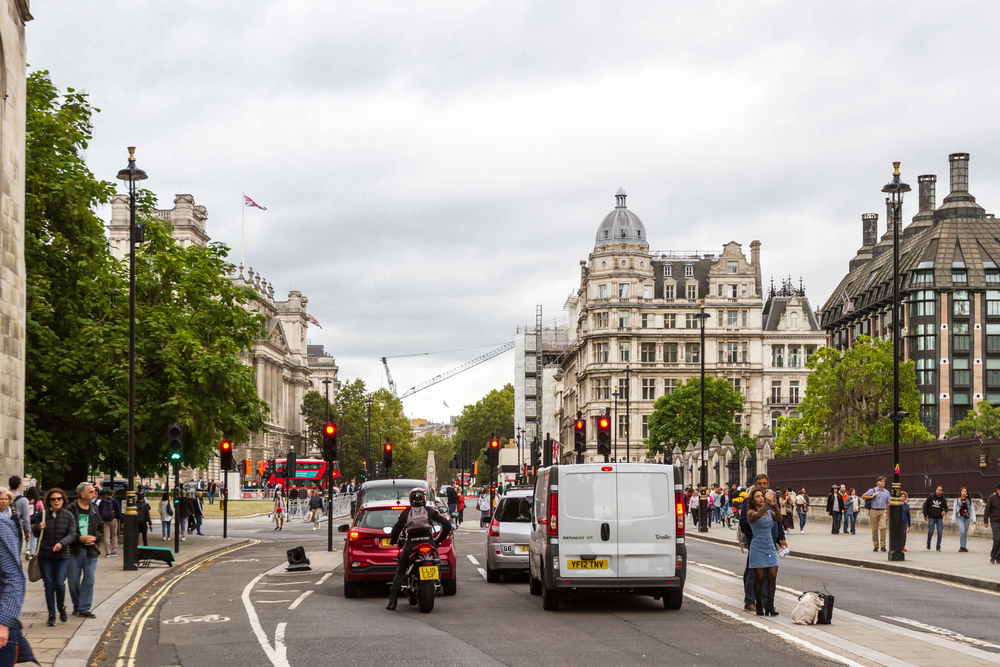
— Photo by wollertz
Central London’s surprisingly compact, which means many famous landmarks sit within easy walking distance of each other. The journey from Westminster Abbey to Buckingham Palace takes just 15 minutes on foot—saving you several pounds in transport costs while giving you a proper street-level view of the city. Walking also lets you stumble upon hidden gems like charming pubs, street art, and local markets that you’d miss from underground. Your feet might get a workout, though your wallet will thank you.
Visit Free Museums and Galleries

— Photo by rostudio
London houses some of the world’s best museums—and the incredible part is that most major ones don’t charge admission. The British Museum, Tate Modern, National Gallery, and Natural History Museum offer world-class collections without costing you a penny. These aren’t just quick browse-through experiences either; you could easily spend entire days exploring their vast collections. While donations are appreciated, they’re completely voluntary—making these cultural treasures accessible to everyone.
Take Advantage of Happy Hour Deals

London pubs and restaurants often slash their prices during off-peak hours, typically between 5–7 PM on weekdays. Many establishments offer half-price drinks, discounted food menus, or ‘buy one, get one free’ deals during these windows—though the specific offers vary by venue. Chain restaurants like All Bar One and Slug & Lettuce regularly run these promotions, while independent venues often have their own creative offers. Timing your meals around these deals can cut your dining costs in half.
Shop at Borough Market Late in the Day
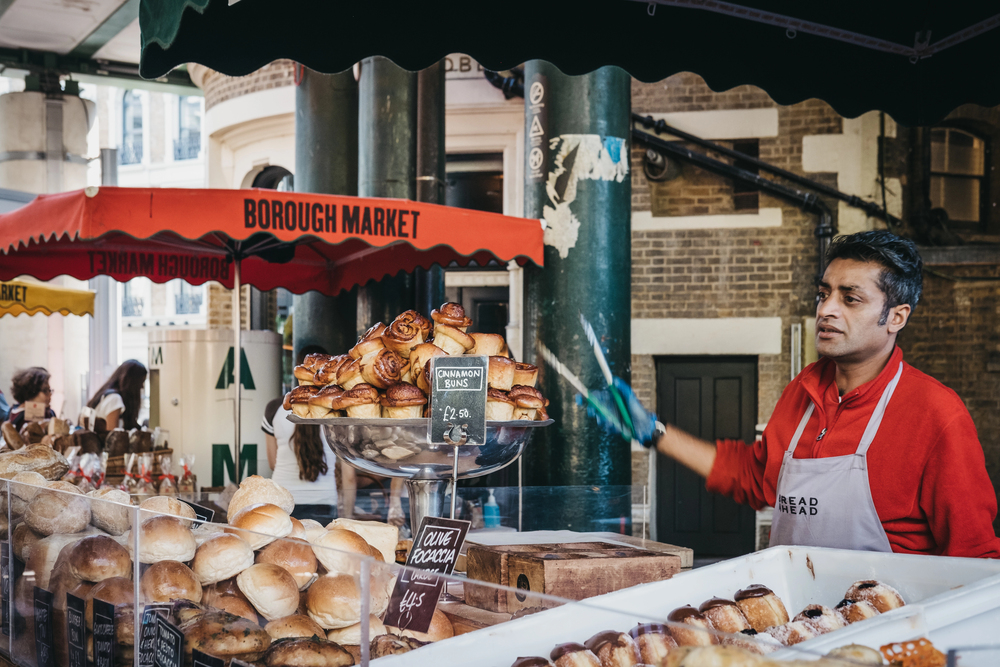
— Photo by AlenaKr
Borough Market vendors would rather sell their fresh goods than take them home—so prices drop significantly in the final hours before closing. Artisan breads, gourmet cheeses, and specialty items that cost premium prices in the morning become much more affordable as vendors clear their stalls. Saturday afternoons around 4–5 PM are particularly good for snagging deals on high-quality food items, though the selection might be smaller—but the savings are substantial.
Book Theatre Tickets Through Lottery Systems
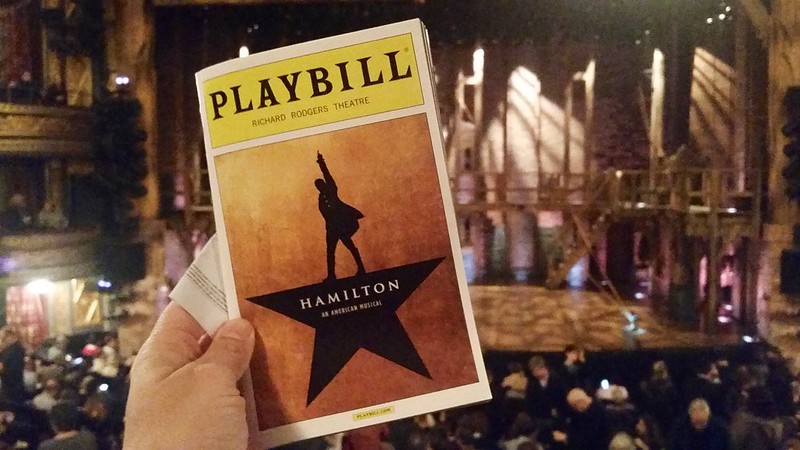
West End shows offer day-of-performance lotteries that can score you premium seats for as little as £10–£25. Popular productions like Hamilton, The Lion King, and The Phantom of the Opera run these digital lotteries through their official apps or websites—you enter a few hours before showtime, then winners get notified shortly after with payment instructions. While you can’t guarantee getting tickets, the potential savings make it worth trying, especially for expensive productions.
Use City Bike Sharing Programs
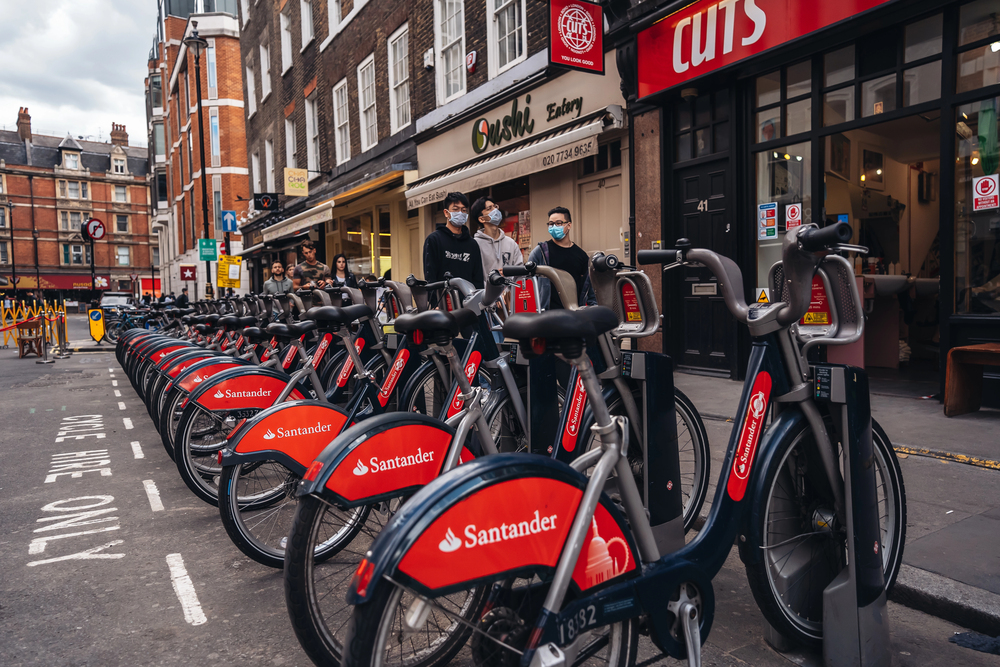
— Photo by smutkoalex@gmail.com
Santander Cycles, London’s bike-sharing system, costs just £2 for 24-hour access—with the first 30 minutes of each journey free. For short trips across central London, this beats both walking time and transport costs while giving you fresh air and exercise. The bikes are sturdy and designed for city riding, with stations located every few blocks throughout central areas, though you’ll want to dock your bike within 30 minutes to avoid extra fees—or swap for a fresh one at any station.
Eat at Food Markets Instead of Restaurants
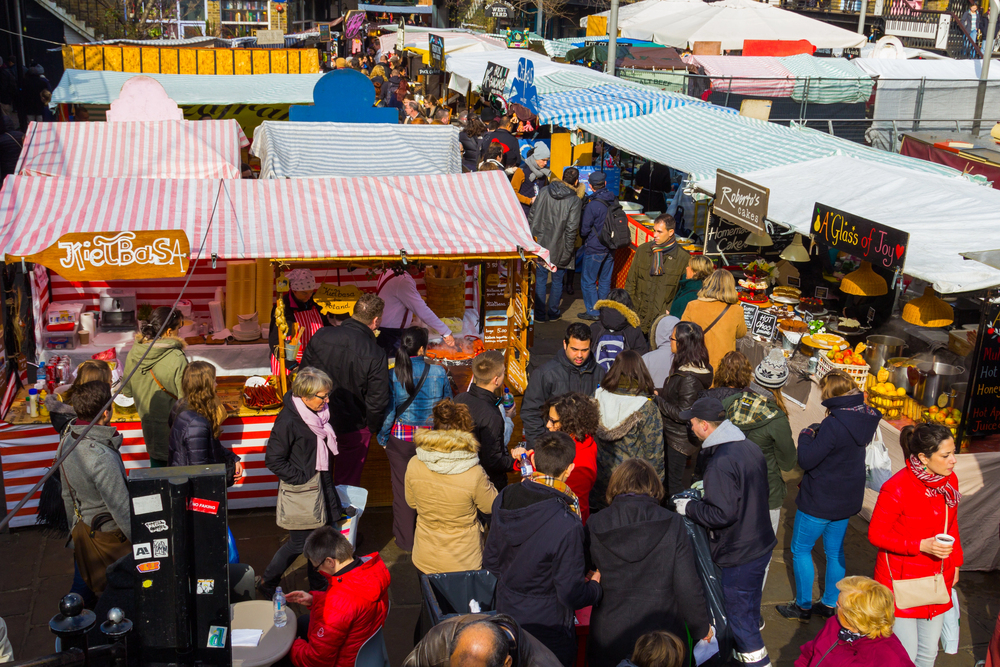
— Photo by macinlondon
London’s food markets serve restaurant-quality meals at a fraction of the cost—with portions that often exceed what you’d get in sit-down establishments. Camden Market, Brick Lane Market, and South Bank have dozens of vendors offering everything from authentic curries to gourmet burgers for under £8. The atmosphere’s lively, the food is fresh, and you can try multiple cuisines without the overhead costs of traditional restaurants—plus, most markets operate with minimal service charges or tipping expectations.
Take Free Walking Tours

Free walking tours operate on a tip-based system—letting you explore London’s neighborhoods with knowledgeable guides without upfront costs. These tours cover everything from Jack the Ripper’s haunts in Whitechapel to street art in Shoreditch, typically lasting 2–3 hours while providing fascinating historical context. The guides work for tips, so you pay what you think the experience was worth—usually £5–£15 per person. It’s an excellent way to get oriented in the city while learning history and local insights you won’t find in guidebooks.
Shop at Discount Supermarkets

— Photo by PeppyGraphics
Aldi, Lidl, and Iceland offer significantly lower prices than premium chains like Waitrose or Marks & Spencer—sometimes cutting grocery bills by 40%–50%. These discount chains stock both basic staples and surprisingly good specialty items, from fresh produce to ready-made meals that rival more expensive alternatives. Aldi’s ‘Specially Selected’ range and Lidl’s ‘Deluxe’ products compete with expensive brands at much lower prices—for visitors staying in accommodations with kitchens, shopping at these stores can slash food costs dramatically.
Visit During Off-Peak Seasons
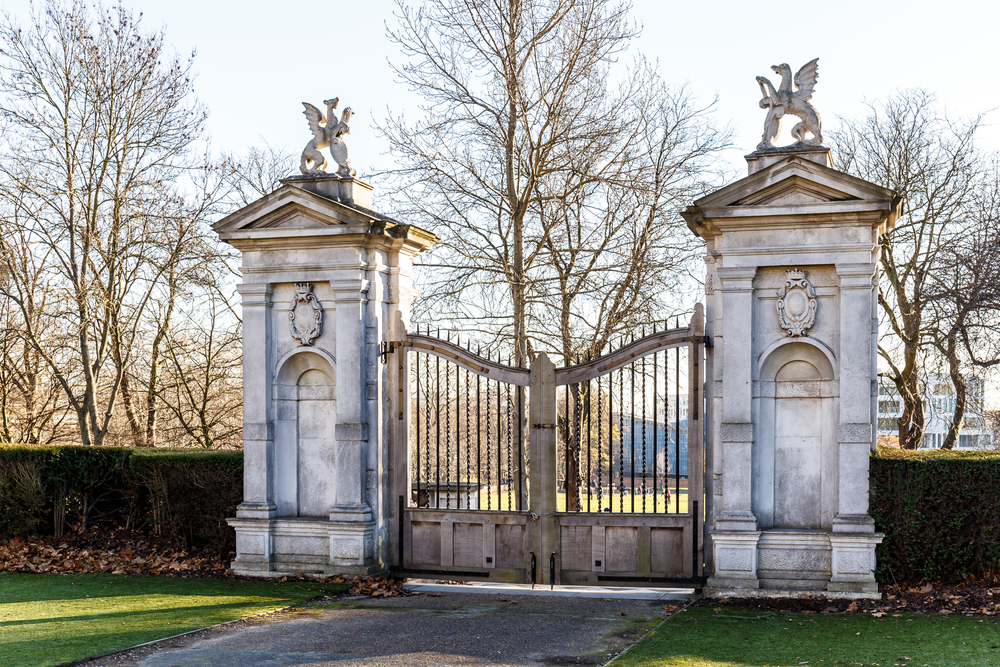
— Photo by alexey.fedoren@gmail.com
London’s hotel and attraction prices fluctuate wildly based on season and events, yet winter months (January–March) offer the steepest discounts. Tourist attractions are less crowded, restaurants have more availability for deals, and accommodation costs can drop by 30%–60% compared to summer peaks. The weather might be chillier, but indoor attractions like museums, theaters, and cozy pubs actually become more appealing during these months. Plus, you’ll experience London more like a local without fighting through crowds of tourists.
Use Restaurant Week and Festival Deals
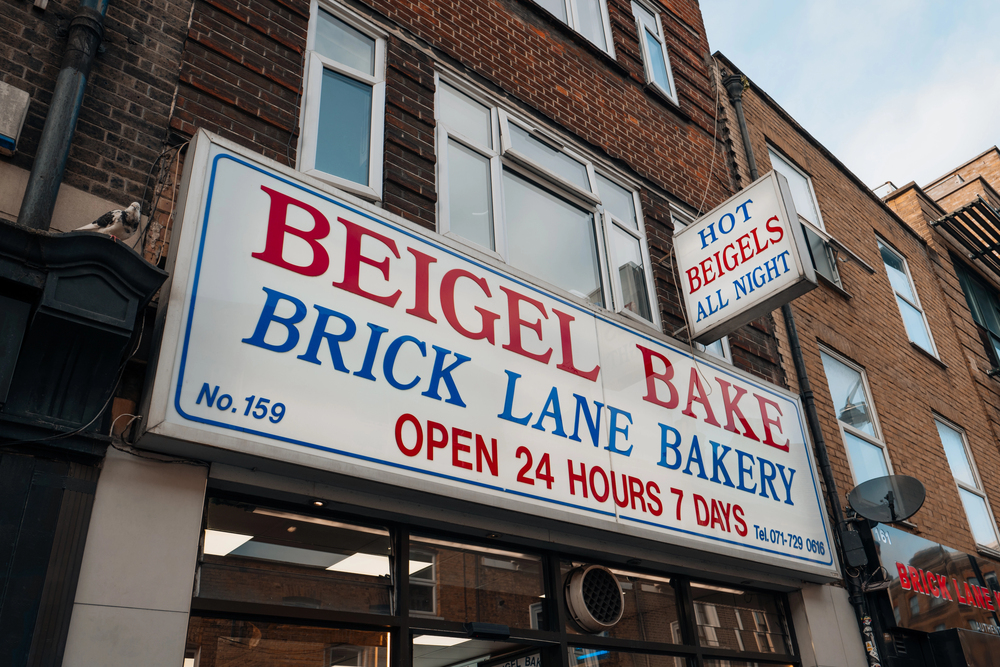
— Photo by AlenaKr
London Restaurant Week happens twice yearly, with participating restaurants offering fixed-price menus that cost far less than their regular offerings. High-end establishments that normally charge £50+ per person for dinner might offer three-course meals for £25–£35 during these events. Similar deals pop up during other food festivals throughout the year, letting you experience upscale dining without the usual price tags. Sign up for restaurant newsletters to get notified about these special promotions and seasonal offers.
Explore Free Parks and Outdoor Spaces
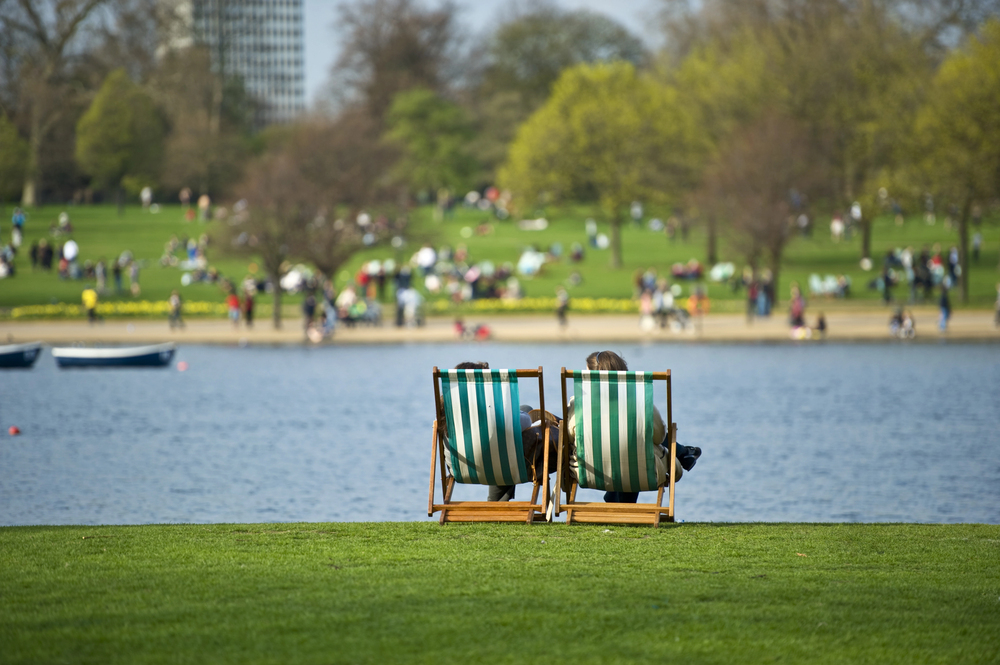
— Photo by stevekeall
London’s royal parks provide hours of free entertainment, from people-watching in Hyde Park to exploring the rose gardens at Regent’s Park. These green spaces host free events like concerts, festivals, and outdoor theater performances throughout the year, creating opportunities for memorable experiences without spending money. Hampstead Heath offers swimming ponds and panoramic city views, while Greenwich Park provides both history and stunning vistas of London’s skyline. Pack a picnic from a discount supermarket and you’ve got a perfect day out for almost nothing.
Take Advantage of Student and Age Discounts

Many London attractions, theaters, and restaurants offer substantial discounts for students, seniors, and young people, often requiring just an ID for verification. Student discounts can reach 25%–50% off regular prices at major museums, cinemas, and even some clothing stores throughout the city. Seniors (usually 60+) and children get similar breaks on everything from transport to theater tickets. Even if you’re not sure you qualify, it’s worth asking since the worst they can say is no, yet the savings can be significant.
Use Apps for Last-Minute Deals

— Photo by opturadesign
Apps like Too Good To Go connect you with restaurants and bakeries selling surplus food at heavily discounted prices, typically 50%–70% off regular menu prices. Hotel booking apps often slash prices for same-day reservations, while restaurant apps like OpenTable sometimes offer points or cash-back deals for frequent users. These digital platforms help businesses fill empty slots while giving consumers access to quality services at reduced costs. Download a few apps and check them regularly for spontaneous deals that can save you considerable money.
Drink in Wetherspoons Pubs
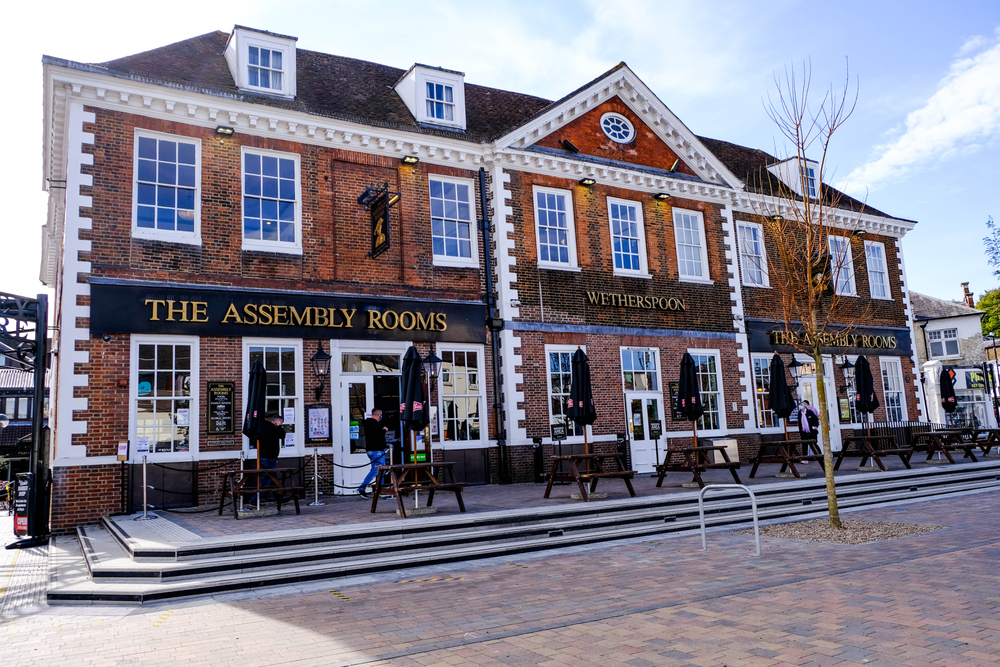
Wetherspoons operates over 200 pubs across London with consistently low prices that undercut most other establishments by significant margins. A pint that costs £6–£8 at regular pubs might be £3–£4 at Wetherspoons, and their food menu offers substantial meals for under £10 with decent quality. The atmosphere varies by location, but the savings are universal, making them popular with locals who know how to stretch their entertainment budgets effectively. Many locations also offer free Wi-Fi and comfortable seating, making them good spots to plan your next moves.
More Than Just Penny-Pinching

Saving money in London isn’t about missing out on what makes the city special—it’s about being strategic with your spending so you can afford to splurge on the experiences that matter most to you. These approaches have helped countless visitors and residents enjoy everything from world-class theater to gourmet food without the financial stress that often accompanies big city living. The best part is that many of these money-saving strategies actually lead to more authentic experiences, connecting you with local culture and hidden gems that typical tourists never discover. Smart spending in London means you can have your cake and eat it too, just maybe from a market stall instead of a fancy restaurant.
More from Travel Pug

- 20 Best Beach Towns in the Carolinas
- 13 Destinations Where Tourists Regularly Regret Their Trip
- 20 Things You Actually Get in First Class
- 20 Small Airports With Aviation Museums
- 20 Places in the U.S. That Are Perfect for a Reset Trip
Like Travel Pug’s content? Follow us on MSN.
